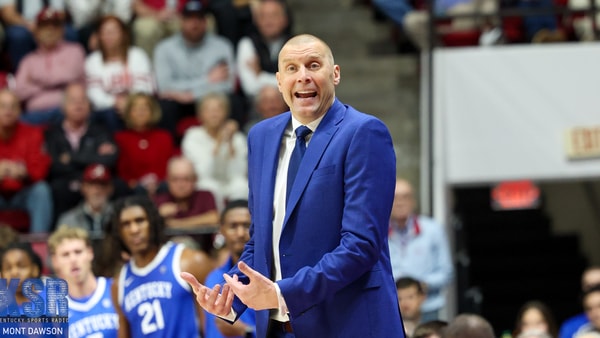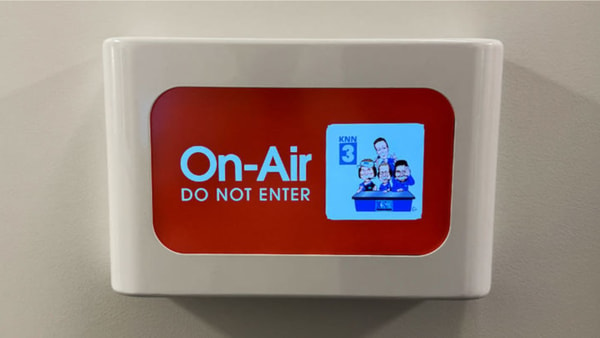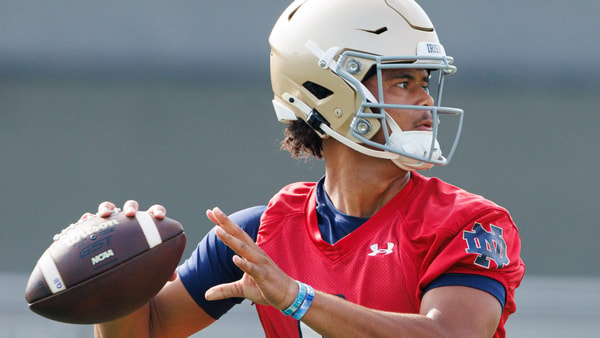Sabbath in Pittsburgh

Yesterday’s unthinkable tragedy occurred on the most important day of the Jewish calendar. No, it wasn’t Chanukah, nor either of the High Holidays, Rosh HaShanah or Yom Kippur.
Our holiest celebration occurs a whopping 52 times a year: Shabbat, the Sabbath day. After all, it’s the only holiday commemorated explicitly by God, who took a day of rest from Creation to reflect on the glories of the Divine labors. God commanded the flock (#4 if you’re counting) to follow suit with a mandate to “remember the Sabbath and keep it holy.”
Observant traditionalists (the “Shomer Shabbos”) take that directive to abstain from all work, driving, and using electricity (or even bowling, as elegantly articulated by The Big Lebowski’s Walter Sobchak.) The rest of us try to honor God’s wishes by attending the occasional service, spending time with family, or at least taking a break from the oppressive five-day work week.
But if there is any concept most intimately linked to Shabbat, it is of shalom, or peace. “Shabbat shalom” is more than a simple greeting; it’s a fervent prayer both for individual tranquility and an end to war and violence.
This past Shabbat in Pittsburgh was the setting for a much more modern rite: the mass shooting. We gather before our communal oracle, the 24/7 cable news, to be fed BREAKING NEWS about the latest carnage — the repugnant motive, the gory details, the painful cries of the survivors. Local dignitaries assemble for the ritual press conference, where nothing meaningful is shared, save the well wishes of elected officials and the commitment to seek justice by law enforcement. We click onto Twitter to swipe through politicos sharing their “thoughts and prayers,” a cliché so well-worn that its effect has become the opposite of its intention, a cynical, world-weary admission that there’s nothing we’re going to do about it.
Then, numb to the repetitive repellant reality, we move on and forget it.
“Never forget,” however, is the clarion call of the Jewish people. The sentiment predates the Holocaust by millennia: Every Passover, we are instructed to remember that we were once slaves in the land of Egypt. The interceding eras were not kind to the Chosen People; the target of so many types of violence that a dictionary can be compiled from the referential expressions: blood libel, The Inquisition, pogroms, the Shoah. Anti-Semitism never took a day of rest in much of the world, even in the most progressive democracies in Europe. It seemed as if the only safe places remained the Jewish State, created in the shadows of the Holocaust, and our own United States, the shining light on the hill.
That is until now.
The torch-lit chants in Charlottesville — “Jews will not replace us” — triggered a kind of PTSD for older Jewish Americans who could remember a not-too-distant past when they could not feel truly comfortable in their own country. But aside from the occasional building or cemetery desecration, the truth was we were safe; anti-Semitism seemed the reserve of the all talk/no action attention seekers on the far left and far right fringes. When Louis Farrakahn recently compared Jews to termites, we rolled our eyes, worried a moment about black-Jewish relations, but never lost sleep fearful of a Nation of Islam jihad. When Lou Dobbs recently welcomed a conspiracy-peddling con man to invoke centuries-old Jew-blaming canards — blaming waves of immigration on the “Soros-funded State Department” — we shook our heads at the decline of civility and the hyperbolic fueling of tribalism.
This past Sabbath in Pittsburgh perverted that narrative. The mass-murderer, shouting “All Jews must die” reportedly blamed my co-religionists for ushering “evil Muslims” into the country — “I can’t sit by and watch my people get slaughtered,” his final social media message read: “Screw your optics, I’m going in.”
Words have meaning. Dismissing incendiary political speech just because the speaker may support some of your policy objectives can never be justified.
Perhaps this is an historical anomaly — that we’ve been thrust in the middle of two ascendant, but reversible crises: a gun culture crisis, fueled by special interest greed and tribal defensiveness, that resists even the most reasonable reform; and a toxic body politic crisis, where screaming hucksters, in their efforts to raise money and accumulate power, empower mentally troubled outliers to take their calls to action literally.
Certainly this President must be an anomaly: His callous response to Pittsburgh, and to the package bombing campaign thwarted earlier last week, was predictably unpresidential, offensive in his defensiveness. But it would be facile, and frankly unfair, to lay the entire blame at his feet. Donald Trump is neither cause nor symptom, but rather a manifestation of the national disease, an unquenchable rage directed at the “Other” (party, race, religion, etc.), exacerbated by social media and political candidates who have learned that it is easier to win by appealing to our worst instincts.
Top 10
- 1Hot
Stein Finds his QB
Kentucky Flips Kenny Minchey
- 2New
Portal DB Addition
Florida's Aaron Gates to UK
- 3Trending
Transfer Portal Big Board
Where UK stands with top targets
- 4Breaking
8 Portal Commits
and a second OL.
- 5New
Pope's radio show
That was werid
Get the Daily On3 Newsletter in your inbox every morning
By clicking "Subscribe to Newsletter", I agree to On3's Privacy Notice, Terms, and use of my personal information described therein.
When will this violent vicious circle end? It’s understandable to feel helpless about this record-breaking broken record. It seems impossible to count on our current political leadership in the current political climate to lead us out of the morass.
But giving up is impossible is well. And there may be a long-term way out: winning the hearts and minds of future generations of leaders. The Millennial generation, for all its perceived foibles, has been identified as much more tolerant, diverse and compassionate than their parents and grandparents. Perhaps they can save us.
It’s our responsibility to empower them with a better example. The Old Testament prophet Micah offers a simple path: “Do justice, love mercy and walk humbly with God.”
Do justice by voting next Tuesday for candidates who appeal to our better angels, not those that try to win by tearing us apart — candidates who offer common ground solutions to gun violence, such as meaningfully funding mental health programs and imposing common sense restrictions on gun ownership.
Love mercy by finding someone who’s angry, some you disagree with, and perform for him or her an act of random kindness, without expectation of gratitude or recompense. Improvisational generosity could remind us that we are all Americans, that we are all human beings.
Walk humbly with God by putting yourselves in “the Other’s” shoes, realizing that your own views are not the Gospel, but rather a function of your own background and experience. You may never agree with them, but a bit of empathy and humility can help heal our wounded culture.
Sabbath in Pittsburgh is behind us, but another one soon approaches. We’re not going to solve this persistent problem right away, but if each of us can make small gestures of peace, perhaps our future leaders will take notice. Shabbat Shalom.








Discuss This Article
Comments have moved.
Join the conversation and talk about this article and all things Kentucky Sports in the new KSR Message Board.
KSBoard